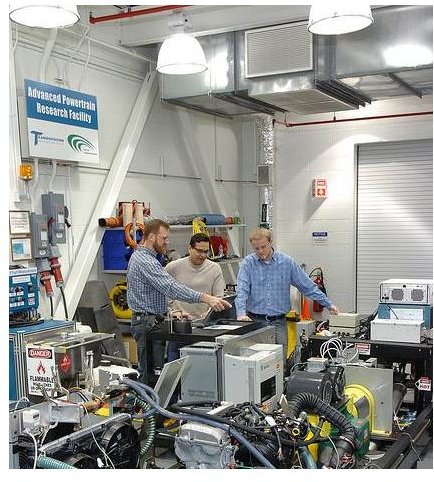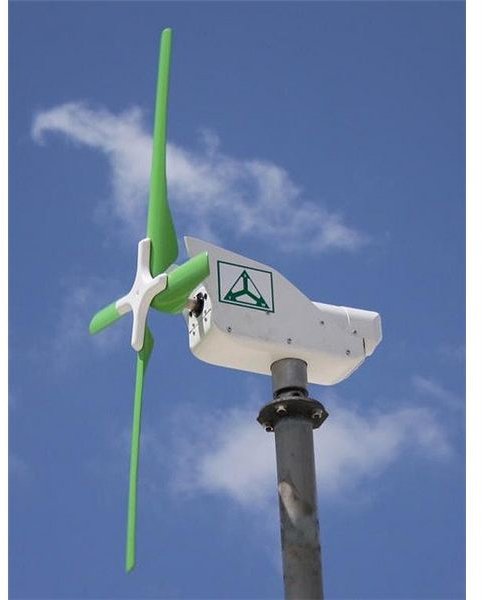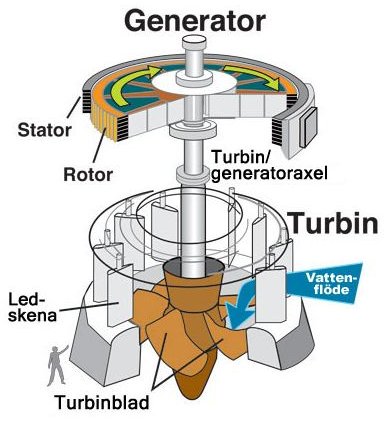What is Electrical Technology?
How Electrical Technology Began
Electricity was first discovered in the 1700s by Benjamin Franklin who performed the first electricity experiment in history. Since then, many others including Ampere, Faraday, Ohm, and Oersted managed to develop simple electrical devices after having understood the basic electrical principles. Much later, in 1904, Fleming’s diode opened a new horizon for the advent of electronic components.
Electric devices, vehicles and communicational systems have been available since then; home appliances, airplanes, computers, automobiles, spacecraft, medical equipment and many more have become part of our everyday life. In just three hundred years, electrical technology has managed to revolutionize the way we live, transform the urban and rural environment, and bring about problems unknown to former generations.
Defining Electrical Technology
Electrical technology deals with all machines, tools, devices, and systems in which a current or a flow of electrons takes place through conductors and metals. It involves the design and development of high-voltage systems and components such as motors, generators, heaters, electrical power transmission and distribution systems, radio wave and optical systems, converters, and control systems for operating light and heavy machinery. Almost all of our low or high-tech gadgets today involve the use of electrical current to operate, making electrical energy the main- and possibly the only- factor to define what electrical technology is.
Electrical technology however, not only involves the design and production of all the electrical systems mentioned, but also the installation, testing and maintenance of these systems. A number of challenges arise with the implementation of mathematics, science, and engineering to develop these modern wonders. These challenges include problem-solving skills, ability to diversify, a strong educational background, and continuing learning activity.
The Difference between Electrical and Electronic Technology
People often find it hard to define the difference between electrical and electronic technology. While electrical technology focuses on the design and production of high-voltage systems, electronic technology is mostly involved in low-voltage applications in which the flow of electrons takes place through semiconductors, rather than conductors or metals.
Speaking in terms of engineering, electronic engineering is actually a sub-field of electrical engineering, dealing with the fields of information, communication, and electronic components. By contrast, electrical engineering focuses on larger-scale schemes, power and control systems, robotics, manufacturing processes, etc. Electronic engineers are mostly involved in the design and monitoring of integrated circuits and electronic components (transistors, diodes, etc.) for a variety of applications such as televisions, computers, mobile phones, radios, DVD, MP3 players, and many others.
The design of an electrical system, most of the time, entails the use of electronic components, and this fact makes people use the terms “electrical” and “electronic” technology interchangeably. Both disciplines however, do require knowledge of mathematics and science and rely on the same engineering principles and same analytical skills to provide their high-performance products and services.
Electric Technology


Interactions among Professionals in Electrical Technology
In order to design, produce, and maintain all the electrical equipment and services, a number of professionals, including engineers, technologists, and technicians, need to cooperate and supplement each other’s skills and responsibilities. Electrical Engineers are mostly involved in the design theory and analysis of procedures, the development of new products or in activities such as problem identification, technical solutions, and the further research and advancement of electrical technology. Technologists take over the role of implementing the designs to develop the new products and systems, and furthermore, a technician will install, test and keep in good condition the electrical equipment.
The professionals of the field will also have to cooperate with computer, electronics, and software engineers and in some cases, depending on the application, chemical or biomedical engineers and scientists of various disciplines.
As electrical technology advances the interaction among multiple disciplines becomes more and more vital. The work of all professionals as a team is absolutely necessary to maintain the high level of technology used in our everyday life, as well as solve the problems originating from its use.
Sources
- Tom Henry’s Code Electrical Classes: The History of Electricity
- https://www.engineeringexchange.com/
- https://degreedirectory.org/
- https://www.ieeeusa.org/
- https://www.af.mil
References
Bright Hub, Inc.: The Difference between an Electrical Engineer and an Electronic Engineer
